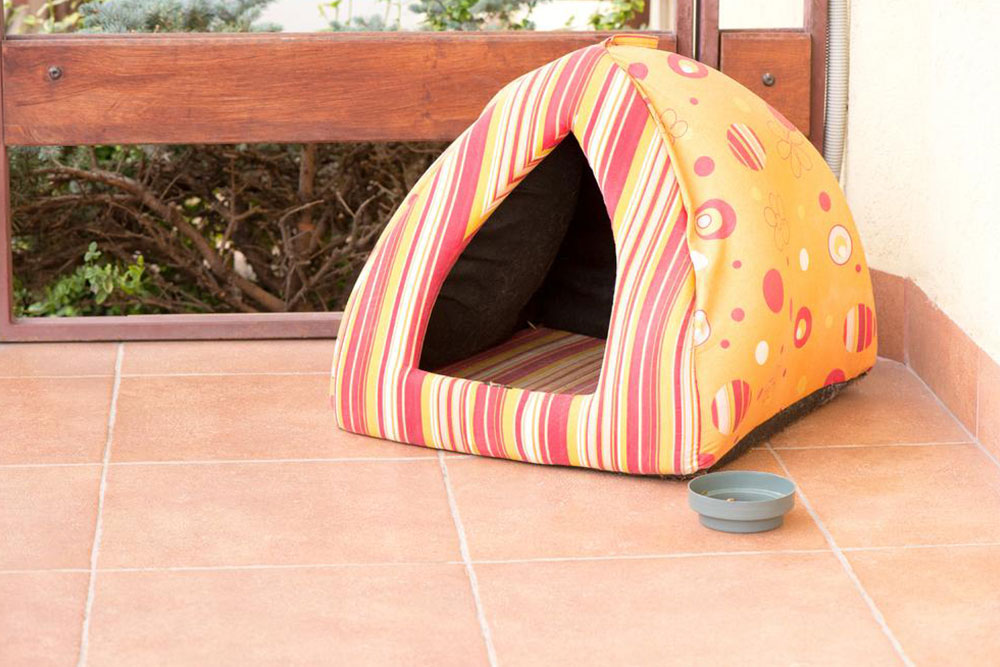Key Factors to Consider When Selecting a Puppy
Learn essential tips on choosing the right puppy, including considerations about your living space, budget, time commitment, and breed selection. This guide helps ensure a happy, well-matched relationship with your new pet, whether buying from breeders or adopting from shelters. Make informed decisions and prepare for a rewarding lifelong companionship.

Key Factors to Consider When Selecting a Puppy
There's undeniable charm in holding a lively, healthy puppy. Its playful nature and adorable antics often make it irresistible. When children hold puppies, the joy is palpable, filled with squeals and excitement.
But should you rush to pick the first puppy that catches your eye? Before making this significant commitment, consider these essential points to ensure a perfect match.
Critical Aspects to Think About Before Bringing Home a Puppy
Is Your Living Space Suitable?
Evaluate your home’s size. Smaller homes are better suited for small dog breeds. If you have a fenced yard, larger breeds might be appropriate for active play outdoors.
Ensure your environment can accommodate your new pet’s needs.
Financial Commitment
Owning a puppy involves ongoing expenses beyond the initial cost. Budget for food, bedding, toys, collars, vet visits, vaccinations, and medical care. The first year demands particularly frequent veterinary visits and vaccinations, while yearly checkups, deworming, and parasite control are ongoing needs.
Any unforeseen health issues could result in additional costs. Pet ownership requires a long-term financial commitment. Be sure you're prepared before bringing a puppy home.
Time Investment
Puppies require daily play, training, and bonding. If you travel often or live alone with limited support, carefully consider if you can dedicate enough time. Other family members may help, but consistency is key.
Choosing the Right Breed
Some breeds demand more exercise and attention than others. Active breeds like Huskies, Labradors, or Golden Retrievers need lots of time and constant engagement. Smaller breeds such as Terriers also need regular activity. For easier care, consider calmer breeds like Spaniels, which adapt well to a variety of lifestyles.
Identifying Purebred Dogs
If you prefer a specific breed, seek reputable breeders committed to maintaining healthy pedigrees. Breed-specific rescue organizations are also reliable sources, ensuring health and temperament standards are met. This helps you find a dog that fits your lifestyle and preferences.
Explore local listings for purebred puppies or consider adopting from shelters as alternatives.
Adopting a Mixed Breed
If pedigree isn’t a priority, adopt from local shelters. Many wonderful mixed-breed puppies are available, often at lower costs and with a chance to save lives. Adoption fees support shelter operations, covering vaccinations, spaying/neutering, and care for other animals.
How to Evaluate a Puppy During Selection
Observe how puppies interact with their littermates. Ask to see the parents if possible, especially for purebreds, to assess health and temperament. Inside shelters or breeders, look for confident puppies that approach you without fear or aggression. Playful, curious, and friendly puppies tend to adapt well and form bonds easily. Avoid overly shy or overly aggressive pups if you lack experience working with behavioral issues.
Choosing the right puppy is a rewarding decision. Young puppies are easy to bond with and thrive with attentive care. If you’re ready for a long-term commitment, adopting or purchasing a puppy can bring immense joy into your life.










